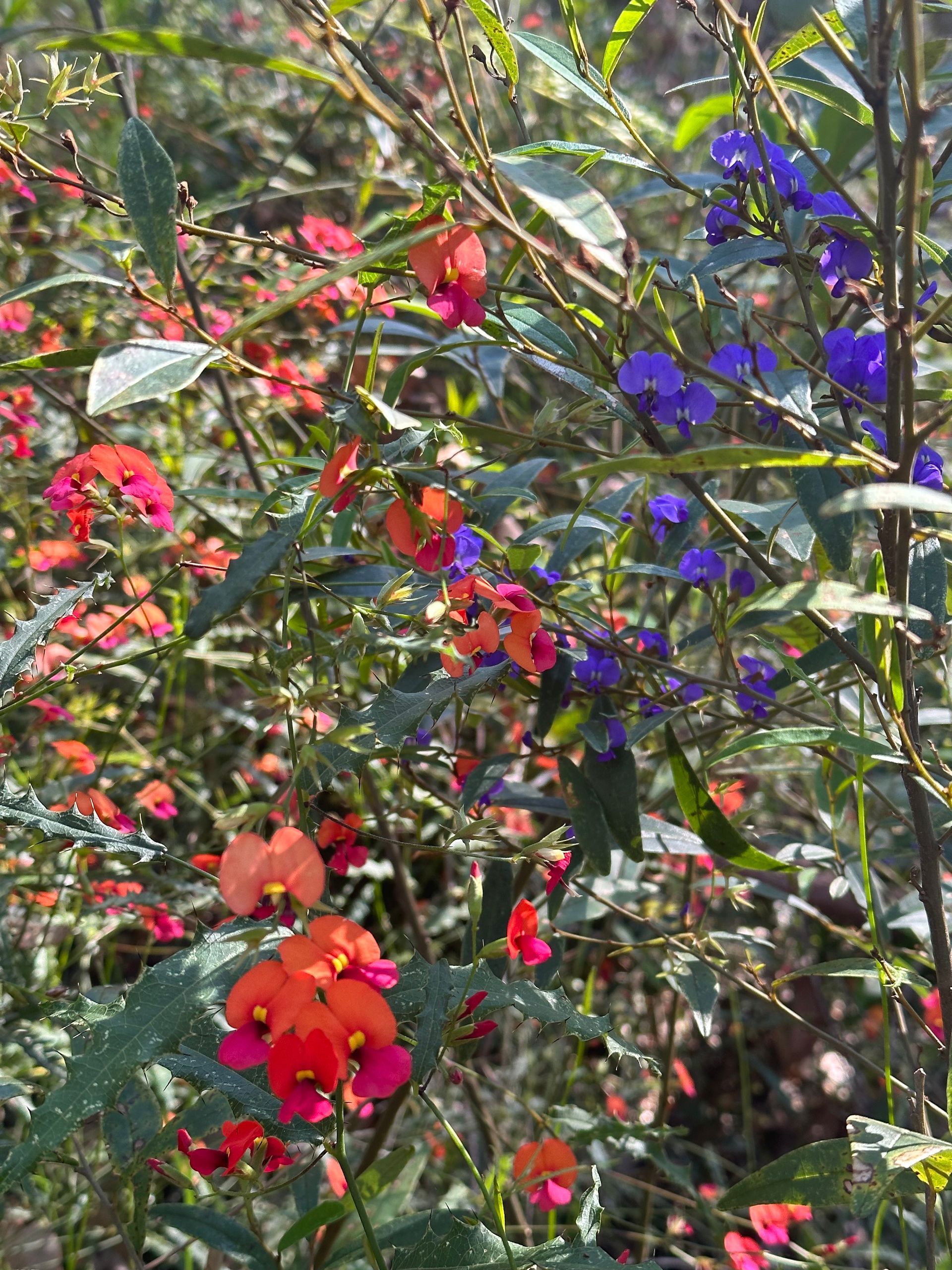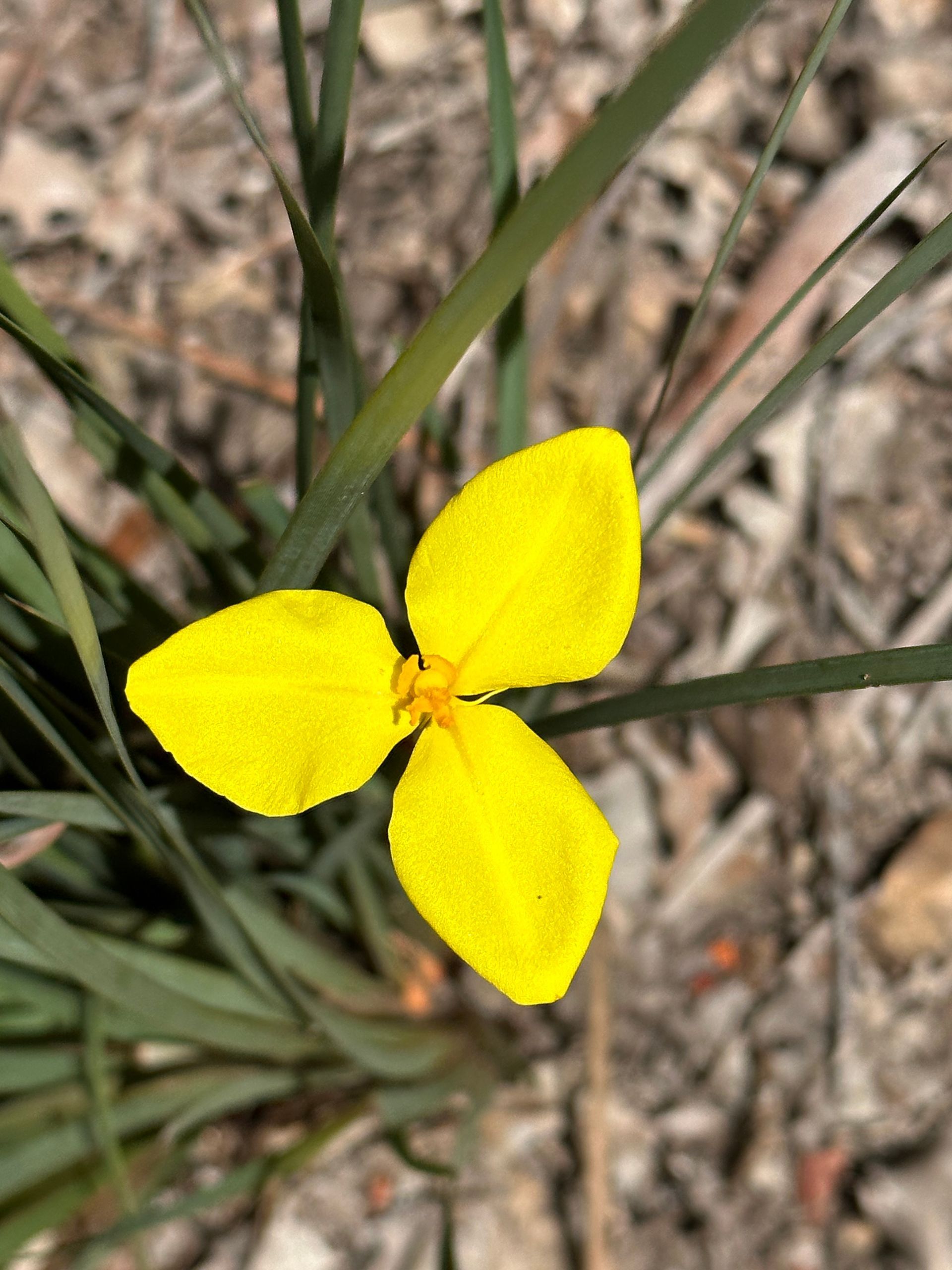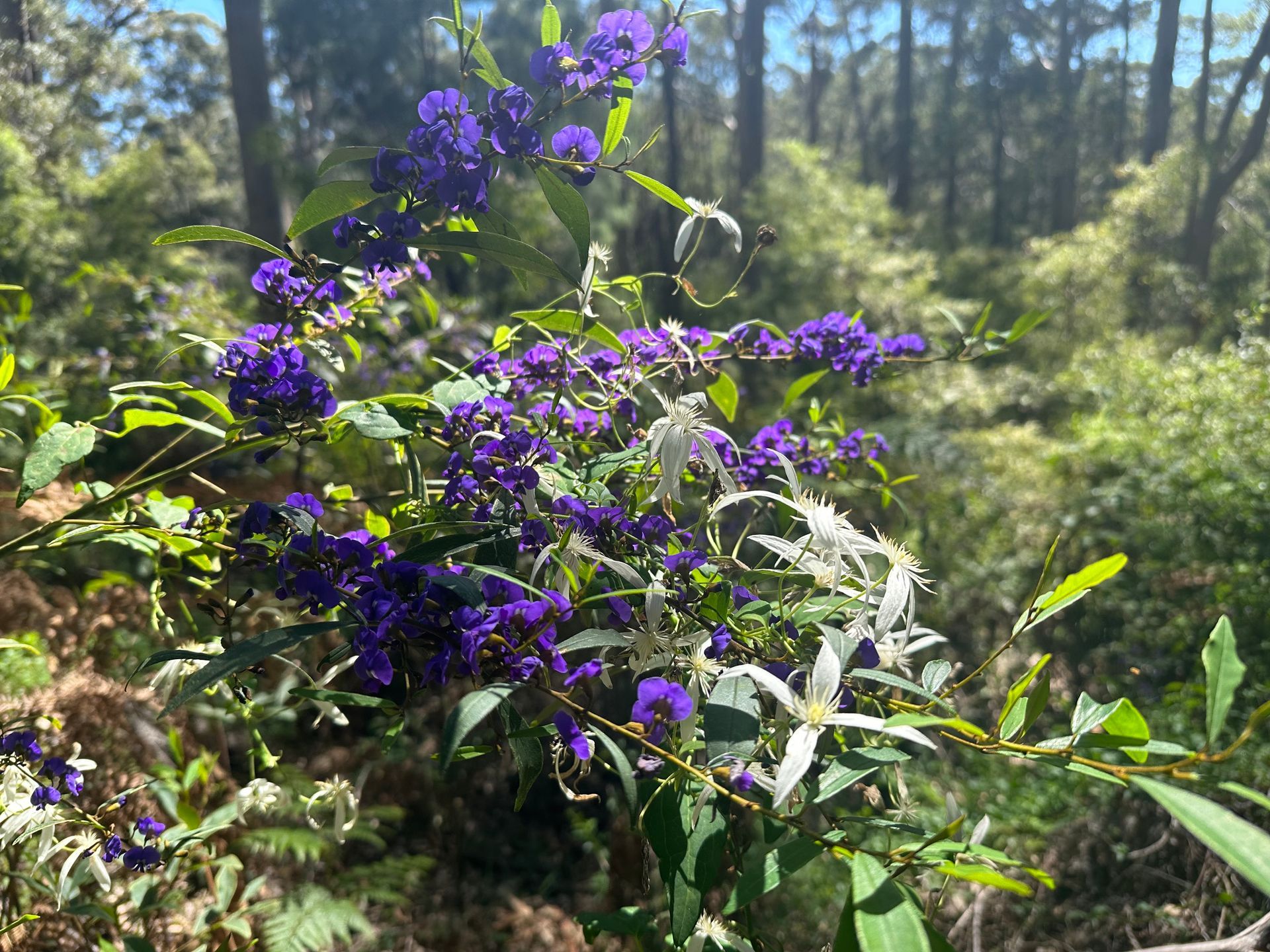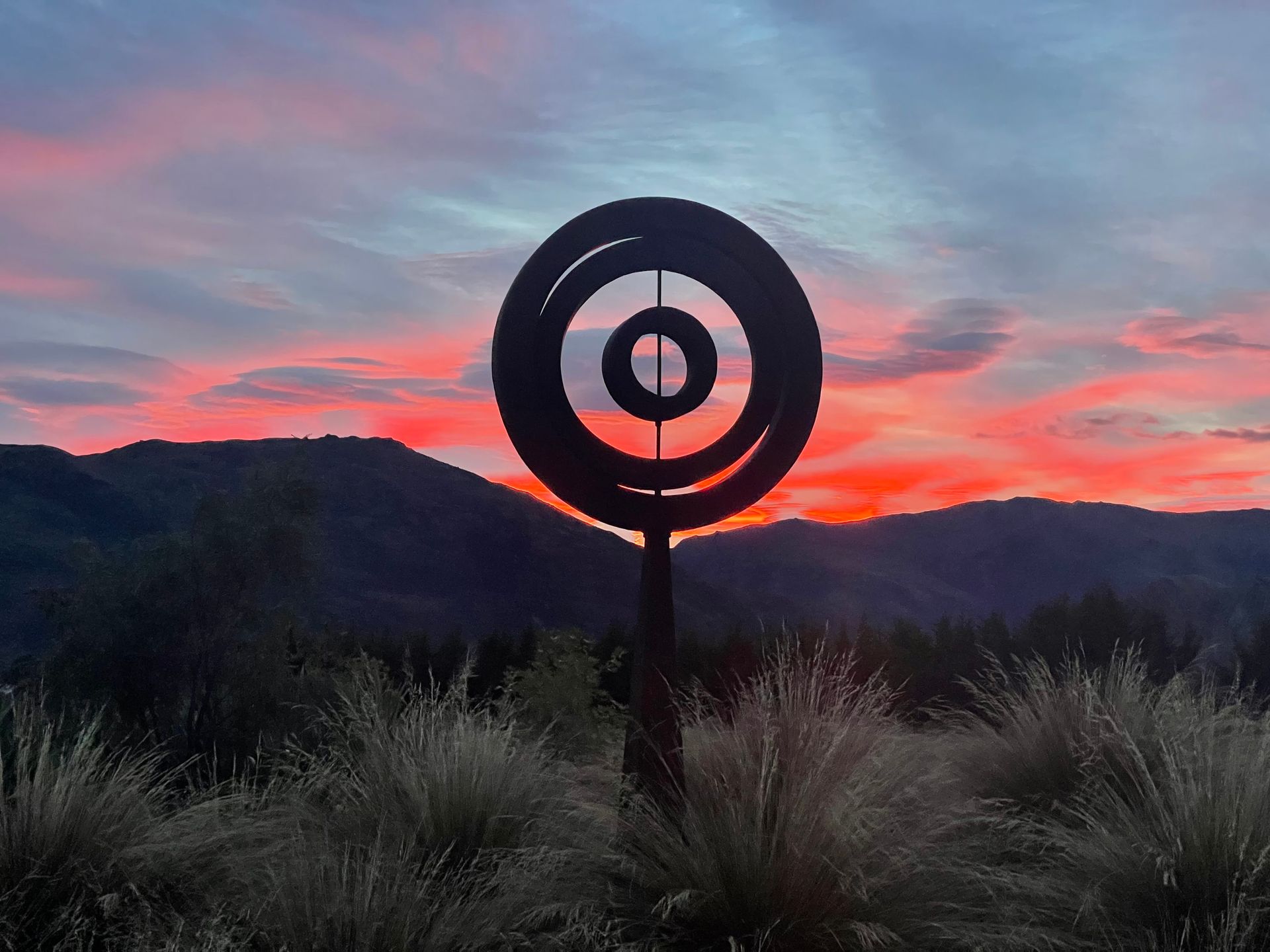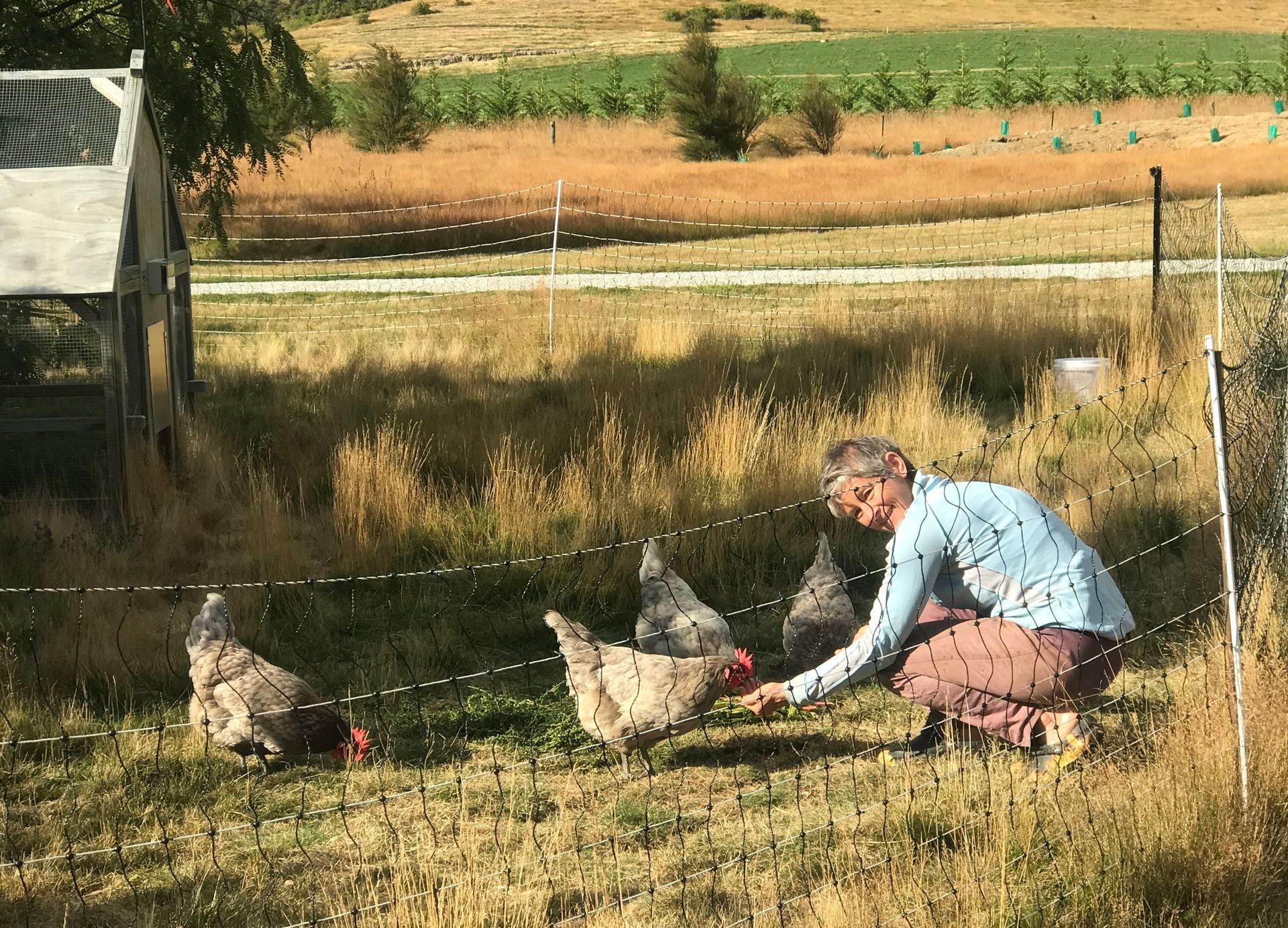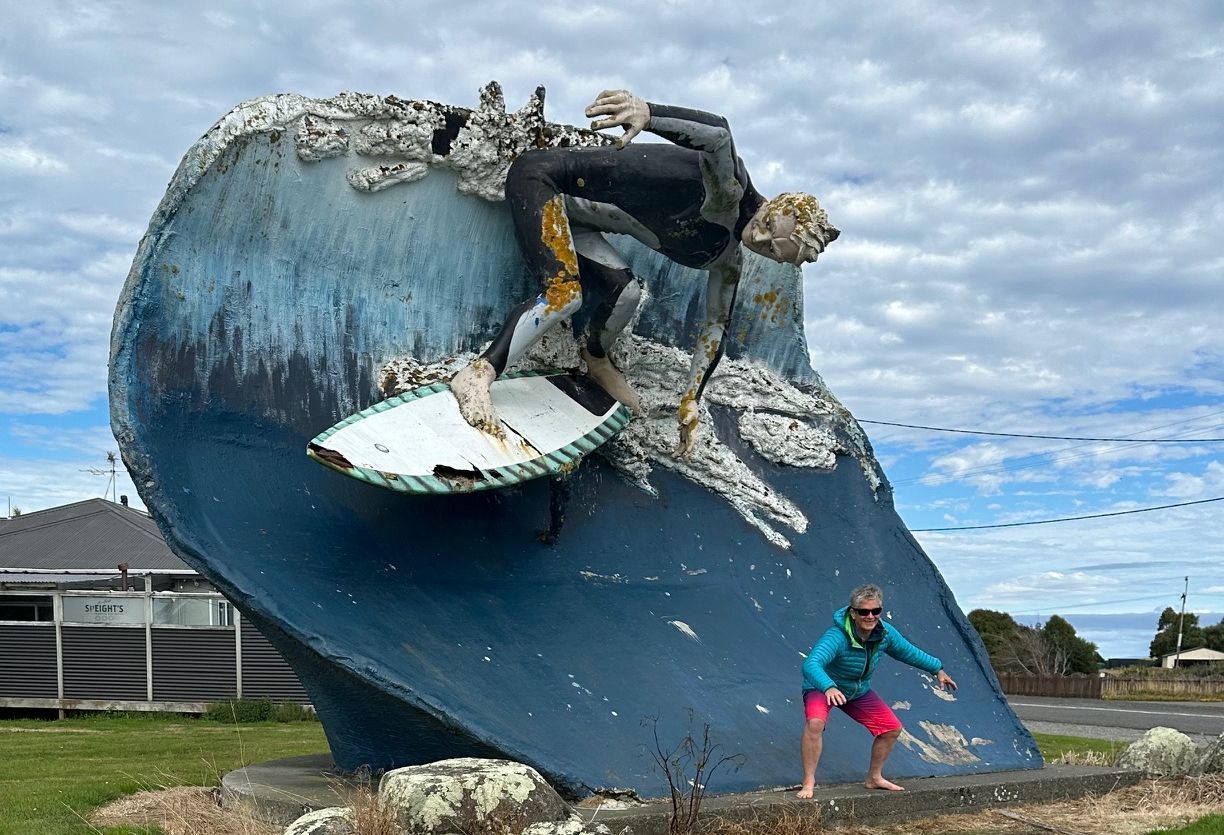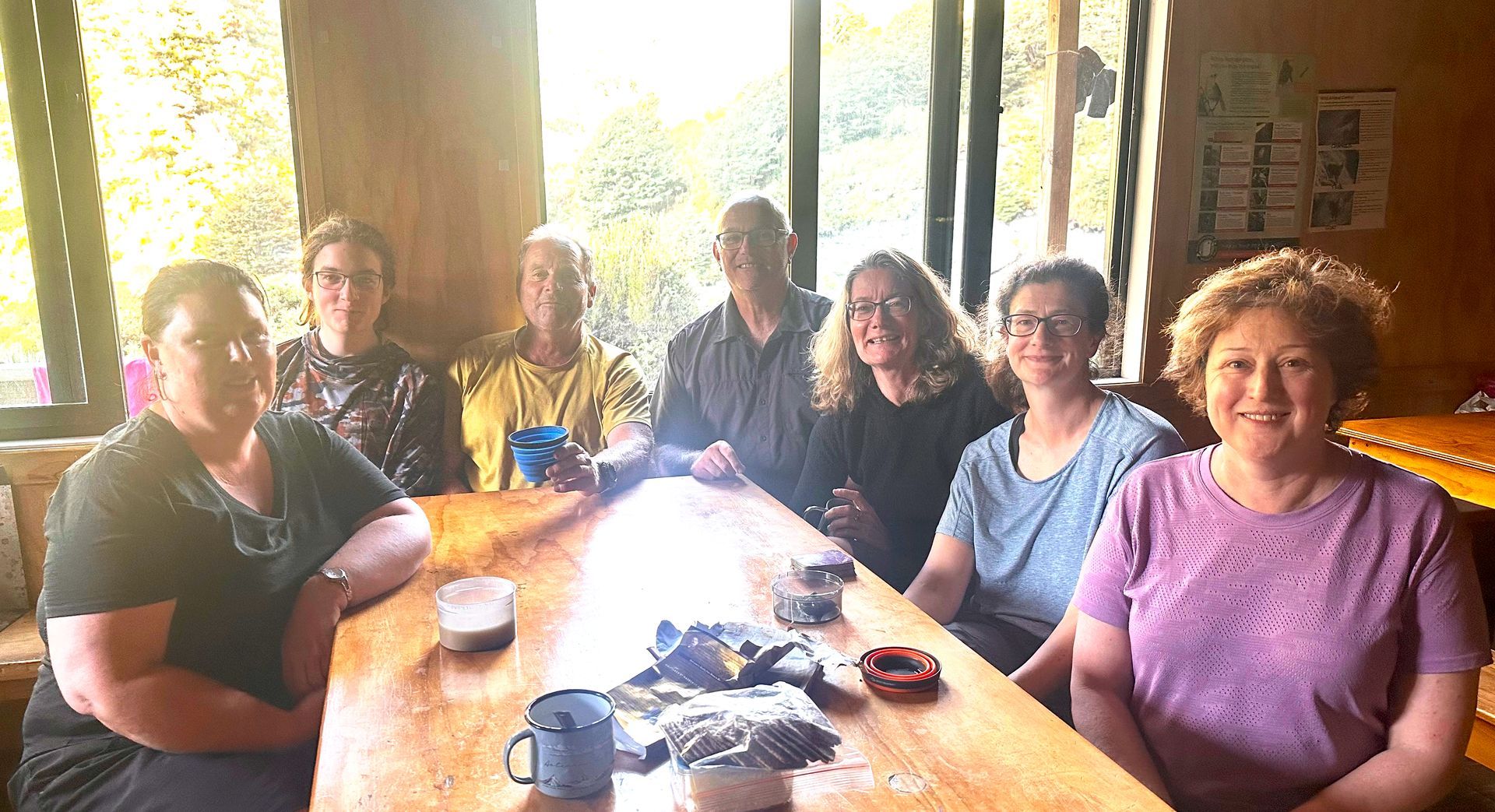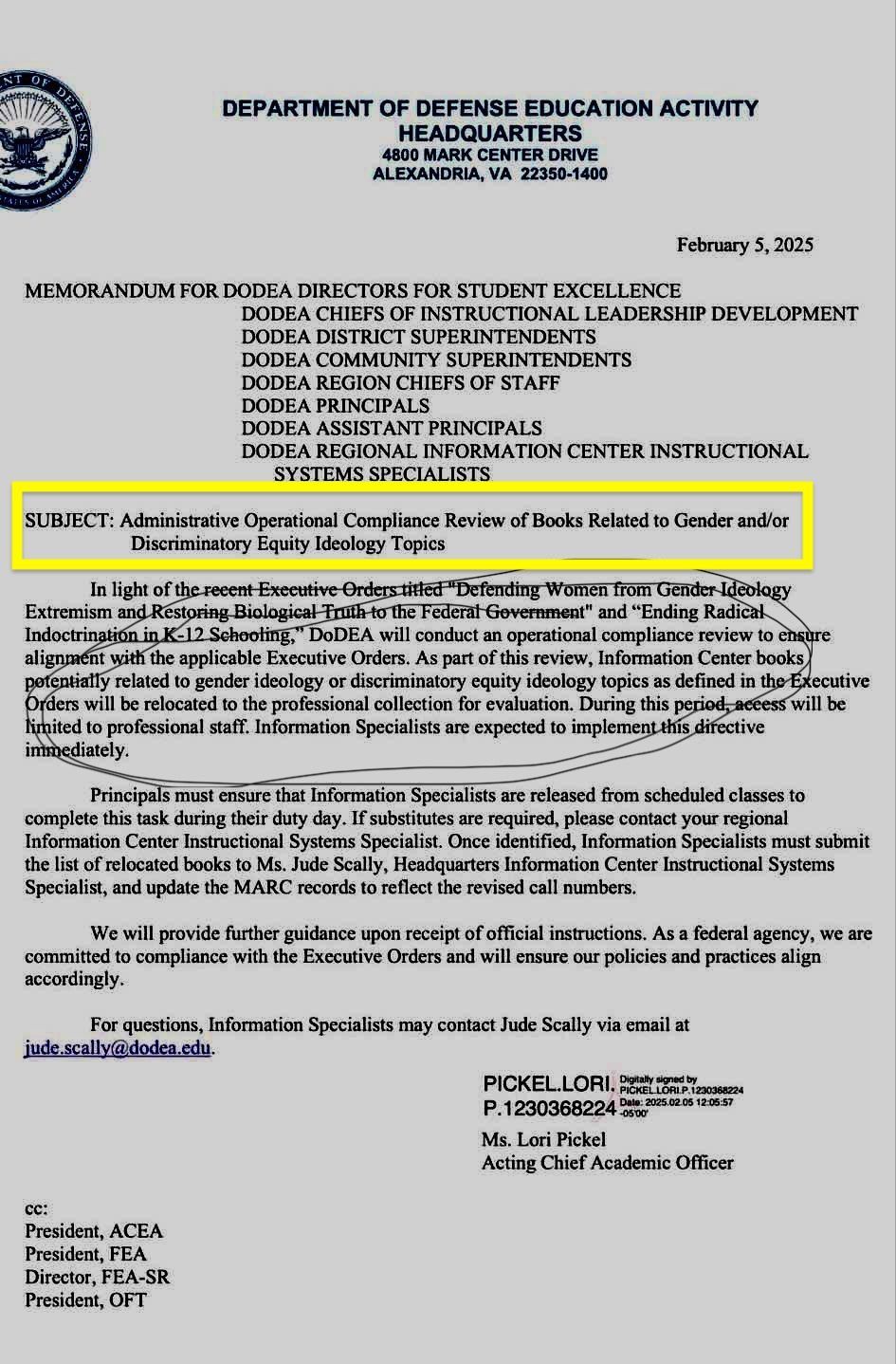To Know or Not to Know
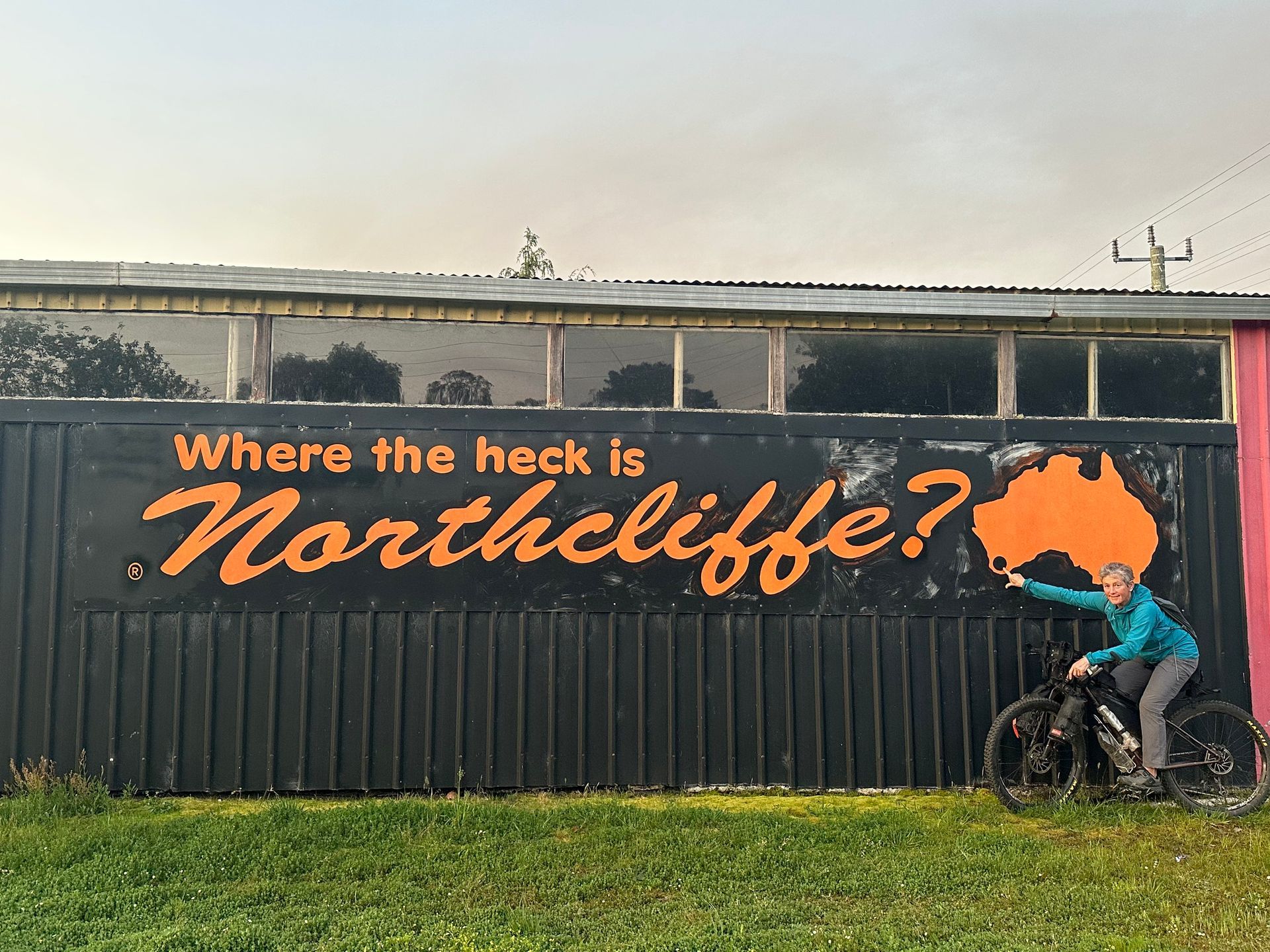
As we cycled through the stunning eucalypt forest Chris said, “It’s a bit weird, not knowing about major world events.” There’s not much cell coverage in Western Australia, other than in towns. Sometimes there’s not much coverage even in towns. There’s almost no WiFi made available. There’s also the challenge of reading anything once you’ve cycled from 6am to 4 or 5pm, and dinner then bed is the order of the evening. Therefore our consumption of news is presently low. So we missed the headlines of the week – the attack of Hamas on Israel and the subsequent retaliation. I only looked it up because there was a passing reference to it in an email.
So, does it matter? That we didn’t know there had been an attack labelled as ‘the worst in Israel’s history’? Why do we need to know? It’s not like we’re going to do anything about it. It may affect our lives down the track, as war requires delineation of friends and foes and consequences either way. Wars have a bad habit of spreading beyond their original borders. However, that’s not something of import to us right now.
It might matter from the point of view that news is something discussed to form a bond with other people. Except, no one raised this news with us in the cafes or supermarkets or campsites we have frequented, so we weren’t caught lacking in information. There has been discussion about Australia being knocked out of the Rugby World Cup, which we also didn’t know about. However, we could easily fake an appropriate and sufficiently knowledgeable-seeming reaction.
We won’t know what the results of the New Zealand election are on the night, either. We’ll be in a campsite in the backblocks of the Australia South Coast. We’ll find out a day or two later. However, the country likely won’t know who will be leading it for some days, or possibly weeks, subsequent to the election. Our lack of knowing the numbers will have little impact on anything, including us. A great thing about cycling here after early voting has been we’ve happily missed all the electioneering leading up to the big day.
As I’ve cycled, I’ve wondered about knowing the names of Australian plants. The point being, I don’t know most of them. I can have a reasonable guess at the family some plants belong to, but that’s as close as I can get. I’ve discovered it’s quite liberating not feeling the need to know the names of plants. I can just take pictures of them because they are bright colours and pretty shapes. Do I need to know their names? If I was wanting to eat them I would want to know if they were edible, and knowing names is the easiest way of classifying and discovering that information. Or if I was wanting to grow them, thus needed to know more about their habits and habitats. Otherwise, no.
Then there’s knowing, or not knowing, the point we have reached on the track. When you are cycling you break a track down into manageable chunks to cycle because the thought of 1100km is too much. You break it into days. Then you break the days into the segments between towns where you will eat. Then you break those segments into equal-sized distances after which you can have a short break. Our distances between breaks are usually 12-16km. Then you have your own rules about how often you can look at your speedometer to see how far you’ve gone. If you look too often it’s just painful.
My rule is to try to not look for half the distance and then I can only look once a kilometre. I’ve also got a new rule for undulating terrain in which I can only look at the bottom of a downhill. In contrast, Chris can look once any kilometre. He has perfected putting his hand up so he can see the speed on his speedometer but not the number of kilometres, if he doesn’t think he’s ridden his kilometre since he last looked at the speedo.
There’s so much one could know, or not know. At present, it seems much more important to know the kilometre point on our bike ride than the number of people killed in Israel, or Gaza. I’m reading a book on ‘Climate Change as Class War’ (that Sarah told me about) in which I’ve discovered there’s a ‘knowledge class’ which values knowledge for its own sake and whose culture includes needing to know current events. Yep, that’s me.
Apparently, the knowledge class thinks it is superior, but is as removed from creating items of real need as is the majority of the rest of today’s workforce. I’ve never read a book with this sort of Marxist approach before, so it’s interesting. Why do I want to know about the theoretical relationship between class and making a positive impact on climate change? Because I feel I ought to do something about climate change. Such a desire turns out to be a defining factor of the knowledge class. However, the book also suggests the knowledge class won’t get very far on its quest to affect climate change because it doesn’t have a clue about the dynamics of politics and power. So there’s a whole other suite of knowledge that I might need to know about. I’ll take that under advisement while watching my kilometres.
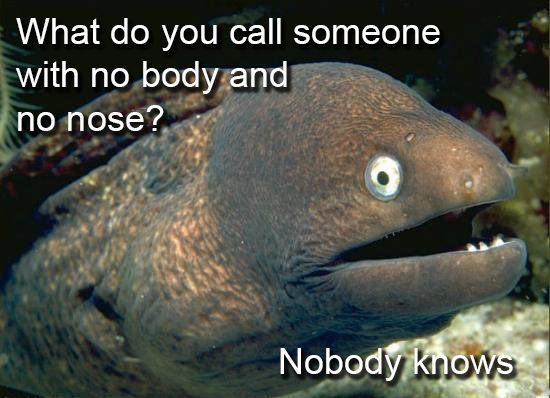
Get new content delivered
directly to your inbox.
Latest Posts
© Jane Shearer 2020-2023. All rights reserved.
blogger
traveller
